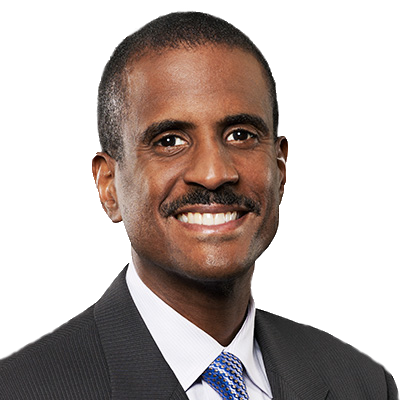
David Aldridge
Biography
David Aldridge was born in Washington, D.C. Aldridge attended American University and graduated from there with Bachelor of Arts degrees in Print Journalism and History.In 1993, he got his start on television, appearing on George Michael weekly Redskins show for WRC-TV for two seasons. Following his stint at the Post, Aldridge left for ESPN, where he mainly covered the NBA.
After parting ways with ESPN, Aldridge worked for the Philadelphia Inquirer for four years. He also accepted a job with Turner Sports, where he is still employed today. At Turner, he has covered the NBA as a reporter and analyst.
In 2016, Aldridge was named the recipient of the Curt Gowdy Media Award from the Naismith Memorial Basketball Hall of Fame. He was also given the National Association of Black Journalists’ 2016 Legacy Award. He has also won the Sam Lacy Award given to the Journalist of the Year by the Rainbow/PUSH Coalition.
Interviewed by Alex Flum in 2016
Since I can remember, since I was a kid, four or five years old, I loved the Redskins, obviously, being from here.
The Bullets were good then, so I liked the Bullets and didn’t have a baseball team so I sort of liked the Orioles, but didn’t really care.
And watched hockey but had no particular interest in it because they weren’t very good back then.
Basketball, I mean it was kind of-- it was one of many sports that I liked. I guess I probably gravitated to it a little bit more maybe in high school and in college because I want to DeMatha so that was a big sport at DeMatha.
And then, I went to American University, it was kind of a big sport at American at the time, along with soccer.
So I like soccer too, but I guess that’s kind of really how I got into basketball and when I was growing up in the 70s and 80s, basketball in D.C. was a big deal, at all levels, high school, college and pro.
Like I said, the Bullets being good and Maryland and Georgetown starting to really be national programs and all the successful high school programs you had throughout the city, in public schools, private schools, parochial schools, Maryland, D.C., Virginia, everybody-- there were really lots of good basketball teams throughout the city, so you always could see a good game, no matter where you were.
So I think that probably kind of formulated why I was so comfortable maybe with basketball and able to enjoy it, quickly, I had access to it. I had access to games, I had access to teams and places, so it made it a lot easier for me to get there. And then, when I first got hired by the Post, the first beat I had was covering the Bullets, so that kind of reinforced I guess what was already there.
I played everything, but I sucked at everything too. Yeah, I mean played football, played basketball, played a little baseball, but wasn’t any good at any of ’em really, so quickly realized that my future was going to be observing rather than participating.
I liked the idea of journalism, just because it wasn’t sports necessarily, it was just journalism.
I was growing up here, you saw Woodward and Bernstein writing stuff every day and even when you may not have known exactly what they were talking about, you knew it was important because it was impacting the President of the United States, so you said, “hey, that sounds like an interesting job. Right?”
So, I did start in high school at the high school paper, you know it didn’t come out all the time because we were lazy but it did come out occasionally, and you know, the power of seeing an idea in your head come out in some form on a newspaper page was very powerful and intoxicating, so that kind of fueled my interest in journalism.
And then in college, I started very quickly with the school paper and that really got me into it. I didn’t know if that was what I wanted to do with my life but maybe-- I actually didn’t--- I thought I was going be a history teacher but I liked journalism and I came to love it when I was in college, I mean, I really came to love it. And that’s when I realized and decided that that’s what I’d like to try and do.
AU, to be perfectly honest was my safety school. Got accepted at Notre Dame and Penn State and Syracuse, but I could not afford to go to any of them. We just couldn’t make it work. My parents both worked but they, you know, I have a brother and sister who also needed some attention on occasion, so they could not devote all the resources to me.
I could go to AU because I could stay at home and that’s why I went to AU and frankly, it was the best thing that ever happened to me. It changed my life completely, changed the trajectory of my life and I don’t know what I would have done. I wouldn’t have had this life without going to AU.
I didn’t cover very many sports at the paper in college. I did occasionally write a sports story but not very often because I was more on the news side, so I covered a lot of news stories that were going on and it was sort of that way. It wasn’t like I was looking to be in news or sports, it just so happened that’s what they needed me to write about, so I wrote about it.
I wasn’t thinking about sports per se, the reason why I got into sports was because, the high school sports editor at The Post at the time was an AU grad. And he always was on the lookout for AU kids, and brought a bunch of them in over the years to cover high school sports part-time and he brought me in.
He had brought in a buddy of mine who was there already at The Post, working a lot of hours. He was actually younger than me and was working a lot of hours, so after I was editor of the paper my junior year, and then after that, my senior year, I started working at The Post part-time.
I covered high school football and basketball that winter of my senior year and that got me in the door, and then, I was encouraged, Lenny Shapiro said, you should apply for an internship, which was a nationwide internship program and they pick two people per section to work full time for the summer.
I applied in sports, because that’s what I knew and got hired and got the internship, so I was able to work at the paper full time after I graduated and that was why I was in the building when they had a job opening, a full time opening and they asked me. I don’t think I was their first choice, but I was the first one to say yes.
Mike Trilling was the high school sports editor at The Post. He actually had been the sports information director at AU for many years prior to that and then went to The Post and was a legend. He and Don Huff were legendary guys at The Post, basically ran the high school sports section coverage for 20 years, the two of them. And so, they were the guys. He called me and said, ‘yeah come on in, I’ll find something for you to do.” And that’s basically what happened. They just found something for me to do. You could do that back then.
However nascent the job was, it blew me away. I was completely overwhelmed and in awe that I was walking into The Washington Post to work. You know? It was great. And it was great every day I was there. And I was there for ten years and it was great.
I went from The Post to ESPN. I worked two jobs basically. I worked at the Inquirer and Turner at the same time for about three or four years.
This was many years later. I covered Georgetown for a year, then I covered the Bullets for five years and then I started covering the Redskins in ’93. In fall of ’93, I had a friend of mine who worked with George Michael, was one of his producers at Channel 4 who had also gone to AU and he called me one day and said, “hey George wants to talk to you, he’s talking about putting a Redskins show together and he wants to talk to you about it.”
So I call George up and he said, “yeah, I want to put a show together, I want a weekly show about the Redskins during the season.” At first I said I can’t do a show because it would be too much time and he said, “it’s just one day a week, we’ll tape it on Thursday, it runs on Saturday, it’ll take you 45 minutes and that’s it.” And I said, “alright, well how much are you going to pay me?” And he told me how much he was going to pay me and I literally said, “excuse me?” And it was stunning how much money he was going to pay me and I said, “you know I think I can work that into my schedule. I think I can make this work for you.”
So I did that show for two years, it was me and George and Sonny Jurgensen and John Riggins.
And it was my first exposure to doing television on a regular basis, I mean I had done stuff locally here and there but nothing regular.
So doing that show every week for two years was my first introduction to really what it was like being on television. And it was amazing, it was amazing, it was amazing just watching George because I like every person I knew, held TV people in utter contempt back then.
It was just like, these people- all they do is ask stupid questions and get in the way. Watching George perform, really, on TV, was just remarkable, because George taught me an incredible and valuable lesson about what it means to sacrifice so someone else can look good. And he did it every week.
And George was a smart guy. He would say things that he knew were wrong and he knew were idiotic, just because it would make me look good to say, “George that’s wrong and here’s why.” Or Sonny would say, “George that’s wrong and here’s why.” Or Riggins would go on about what was wrong. And he’d do it every week, just so that the people who were the supposed experts would look good and look better.
And it was such a lesson to me knowing that, wow, someone can be that secure about themselves that they don’t care how they come across on TV as long as it makes the TV show good and it was an incredible lesson and I have never forgotten it and I always try to mention how much I appreciated George doing that because he didn’t have to.
There was no reason for him to be so generous to the rest of us, but he was. It was just remarkable, and it wound up being a really good experience for me and paid for my house basically. I will always be grateful to George for doing that, because he certainly didn’t have to hire me. There’s 100 people he could have hired to do that, and he picked me. It was something that I’ll never forget.
ESPN was in the process of -- at that time what a lot sports operations were doing on television was they were hiring writers, because they knew writers knew more and they knew writers could write, so they were hiring writers to kind of be their insider people, their inside information people. Ralph Wiley and Will McDonough worked at NBC doing NFL stuff. ESPN had hired Peter Gammons to do baseball and they had hired Chris Mortensen to do the NFL, so they were looking for somebody to cover the NBA full time and I believe what happened was they offered it to Jackie McMullan first, I’m pretty sure that’s what happened.
And she said no. She was happy at the [Boston] Globe, she didn’t want to move. But I had covered Big East with Jackie when I had covered Georgetown because she was covering BC at the time for the Globe and so she started covering the NBA and she started to work for Sports Illustrated and then she said, “but you know I worked with David Aldridge and he’s really good and you should talk to him, he’s at The Post. And he had just covered the Bullets so he knew the NBA.”
I was sitting at The Post and Vince Doria called me and said, “hey we’re thinking about hiring somebody full time to cover the NBA, we’d like to talk to you.” So, I went up there and I talked to him and they offered me the job and I hated leaving the Post, you know I would’ve happily stayed there for 30 years but I didn’t want to be a beat guy for 30 years, I wanted to write a column like everybody else.
At the time, I was 31 and the three columnists at the time were Boswell, Kornheiser and WIlbon. None of whom had turned 50 yet. So just doing the math, I said, they don’t fire you for a column, you leave the column after you’re just tired of writing. So, if they don’t leave, I could be waiting another 15, 20 years before one of these guys retires, you know? I didn’t want to wait that long.
Because what will I do in that 10, 15-year window -- I don’t want to keep covering the Redskins, I already covered the Bullets, I don’t think I want to cover baseball all that much. So, what would I do? Would I be the NFL guy or the College Football guy? I could do that for a couple years but I don’t want to do that for ten. So, that’s why I left.
There were a lot of people going to TV, so I thought you know what, I’m probably going to have to be familiar with TV and I had a good experience with George, and I thought, you know what? Why don’t I try this? You know you have arrogance when you’re young, you think I could always go back to The Post, they would hire me back in a second if I flame out in two years. They’ll bring me back. So, that’s why I left, that’s why I took the job.
Well, I think the first thing that it does is that you always kind of think like a writer, so you’re always thinking about story ideas, you know?
I feel like I was able to generate some good story ideas because I had just come from a background where that’s what you did.
I’ve written about the game, what else can I write about? Is there an investigative story I can do?
I wasn’t someone coming who was waiting to be told what to cover, I had ideas about what to cover, some of which they liked and some of which they didn’t but at least I had ’em, so I think that helped.
I could write, and I had to learn how to write for TV, it took some time, but I didn’t have to have somebody write for me like a producer.
I was asked to do stuff for the website and back then, again, so many years ago, that was new, the website was a new thing, it wasn’t something that everybody was just doing just because you did that, you know it was a brand-new thing that ESPN was trying called ESPN.com.
It was not even run out of Bristol, it was run out of Seattle - a place called Starwave that ran it. That’s how new it was, and I said you know what, I’m used to writing, so I’ll write a column also and so I wrote a column for ESPN.com every week, because I felt like that was something I should be doing in addition to the TV.
It made me, I think, versatile and it also allowed them to do different things with me and that makes you more marketable, which was something I found out. It wasn’t the goal; it was something I found out was helpful.
I started with Turner in 2004, right after ESPN and I parted ways - that’s how we would phrase that. They called and said, hey we’d like to talk to you about working for us. They were doing games but they didn’t have insider or a full-time news person, at the time.
We talked and I wanted to do it. They just didn’t-- they could not-- TV has slots. I don’t know if you’re familiar with that but TV has slots: a position that they will pay X number of dollars for.
At the time, we were still waiting for a slot to clear, so I had to wait and I didn’t want to wait. And they weren’t exactly sure, they knew they were going to get one but they weren’t exactly sure when it was going to be, so I was like, I want to work for you, but at the time I had a six-month-old child, I have to work, I can’t wait six months for you to come up with the slot.
So, that’s why I started working at the Inquirer, because I needed a paycheck. And I actually didn’t cover the NBA for the Inquirer, I covered the NFL for the (Philadelphia) Inquirer. Because I had just finished covering the Redskins before I started doing NBA stuff, so that was the slot they gave me that the Inquirer had at the time, I was like I don’t mind covering football.
So, I did that for two years, and it was fine. And then Turner found the slot, and that’s why I wound up working for both of them. I still wanted to do NBA stuff, but I also liked working for the Inquirer, I liked doing NFL stuff, so I talked to both of them, and they were like ok we’ll try to make this work, and they did, they did the best they could and after a while, I realized, I’m not really serving both of them well by doing this, I probably should pick one.
I liked the people at Turner. I didn’t dislike the people at the Inquirer, I liked them very much but I really liked the people at Turner. They went out of their way to make it comfortable and easy for me and I really, really liked the people there.
Sometimes you feel like you’re working, sometimes it’s a job, you know. But as I always say, something really wonderful happens. You meet somebody you would have never met if you never had this job, you know get to see Kobe score 60 in his final game and you’re just like wow, this is really amazing that I’m in this building.
These incredible things happen that you wouldn’t have gotten to see if you weren’t doing that job. So, that’s very cool. I mean the work is the work and sometimes it’s hard, and sometimes you get annoyed like everybody else does, you get tired, you miss your kids, you miss your wife and all those things but you realize it’s a means to an end and you get to a lot of wonderful things and see a lot of wonderful things that you would have never gotten to see otherwise.
If you’re talking about league history, and things that will endure beyond, you know, Magic coming back from after he announced his HIV, coming back and playing in the All-Star game in ‘92 and then covering the Dream Team in Spain in the Olympics was probably still the highlight for me, I mean it was just amazing, it was incredible.
It was remarkable to be part of that and to see that kind of come together. I’ve seen a lot of finals, I watched Jordan at the height of his powers, still the best player I’ve ever seen with my own eyes. I’m not saying he’s the best player ever, I’m just saying he’s the best player I ever saw.
There have been so many great games and moments that I was able to see. I think the Bulls 72-win team and winning the championship that year, and then to get to see the Warriors win 73, I’ve seen the two best teams probably there have ever been in a single season in league history. I’m always short material when it comes to the best.
To watch, I guess I would say watching Cleveland win last year after being down 3-1, seeing that happen in front of you, being just astounded at the will of LeBron James, to know what that meant to the city of Cleveland after all those years was incredible to be a part of that and to watch that.
The Lakers dominance in the early part of the 2000s, to watch Kobe and Shaq win three straight, they were incredible. There have just been so many great things. The anything is possible game I guess when Boston beat LA and won their championship in ’08. Game seven in ’09 when the best player on the floor wasn’t Kobe and it wasn’t Garnett and it wasn’t Paul Pierce, it was Ron Artest. With the championship on the line, between the Lakers and the Celtics, the best player, the guy who won the championship was Ron Artest, it was just remarkable. That was incredible, again, I’ve probably forgotten a billion things but those are the ones that I remember.
To students, I say just read. Please read everything you can. Don’t limit yourself to one topic or one subject. Don’t just read about sports. Read about business and music and politics and poetry.
Read about things that you don’t know anything about, because that makes you a better writer because you read, people who write about different things, so they have their own nomenclature, that you don’t understand, but you want to learn about it, so you look things up that you don’t understand.
I always tell people that one of the best writers I ever read was Roger Ebert. He wrote movie reviews, but he was a great writer. It doesn’t matter what he was writing about, he was a great writer.
I loved reading his movie reviews. Even if I didn’t know anything about the movie he was reviewing or had no plans to go to see it.
I try to read as much as I can about everything because it informs your writing and it makes you a better writer and that makes you a better journalist.
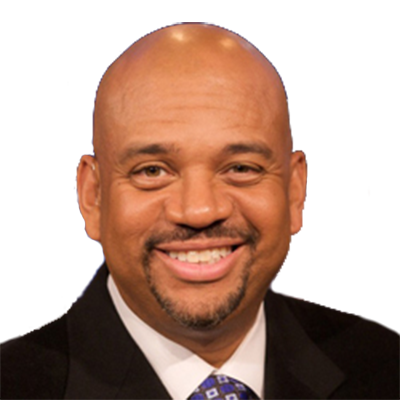 Michael Wilbon
Michael Wilbon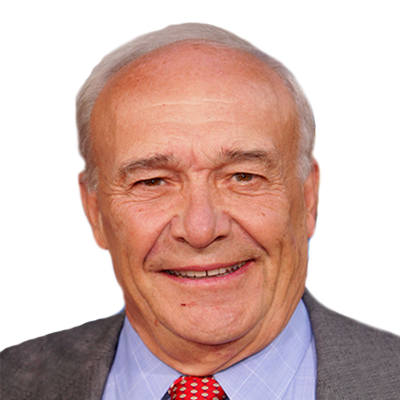 Bill Nack
Bill Nack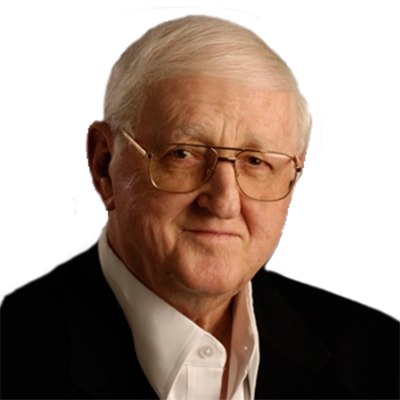 Dan Jenkins
Dan Jenkins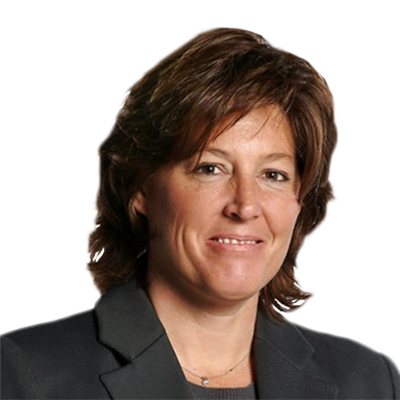 Sally Jenkins
Sally Jenkins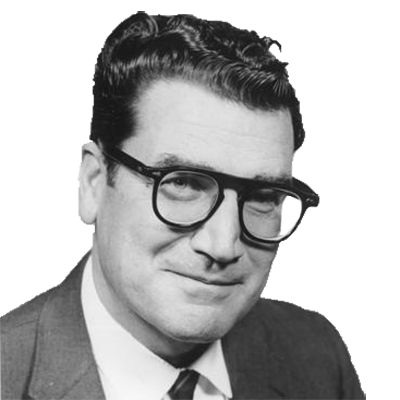 Jim Murray
Jim Murray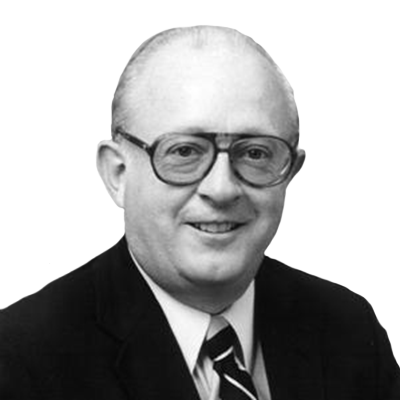 Dave Anderson
Dave Anderson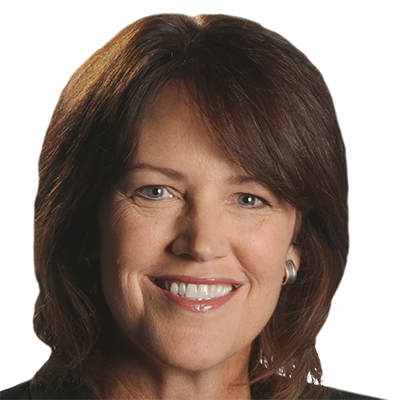 Christine Brennan
Christine Brennan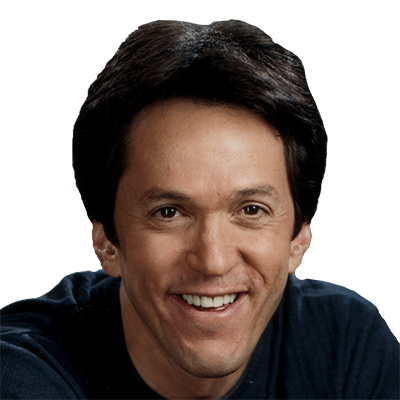 Mitch Albom
Mitch Albom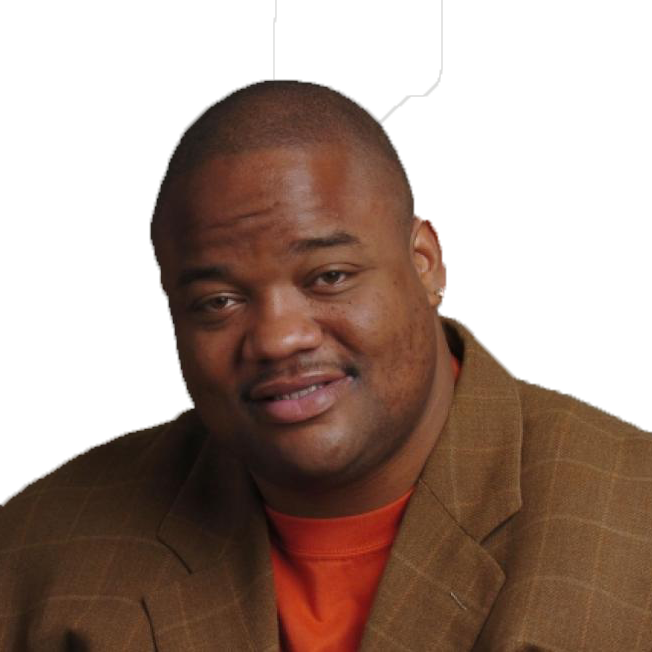 Jason Whitlock
Jason Whitlock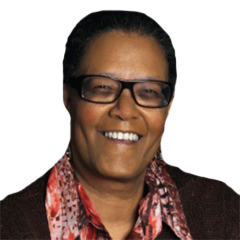 Claire Smith
Claire Smith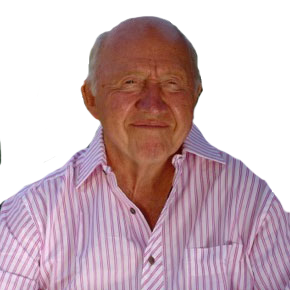 Bud Collins
Bud Collins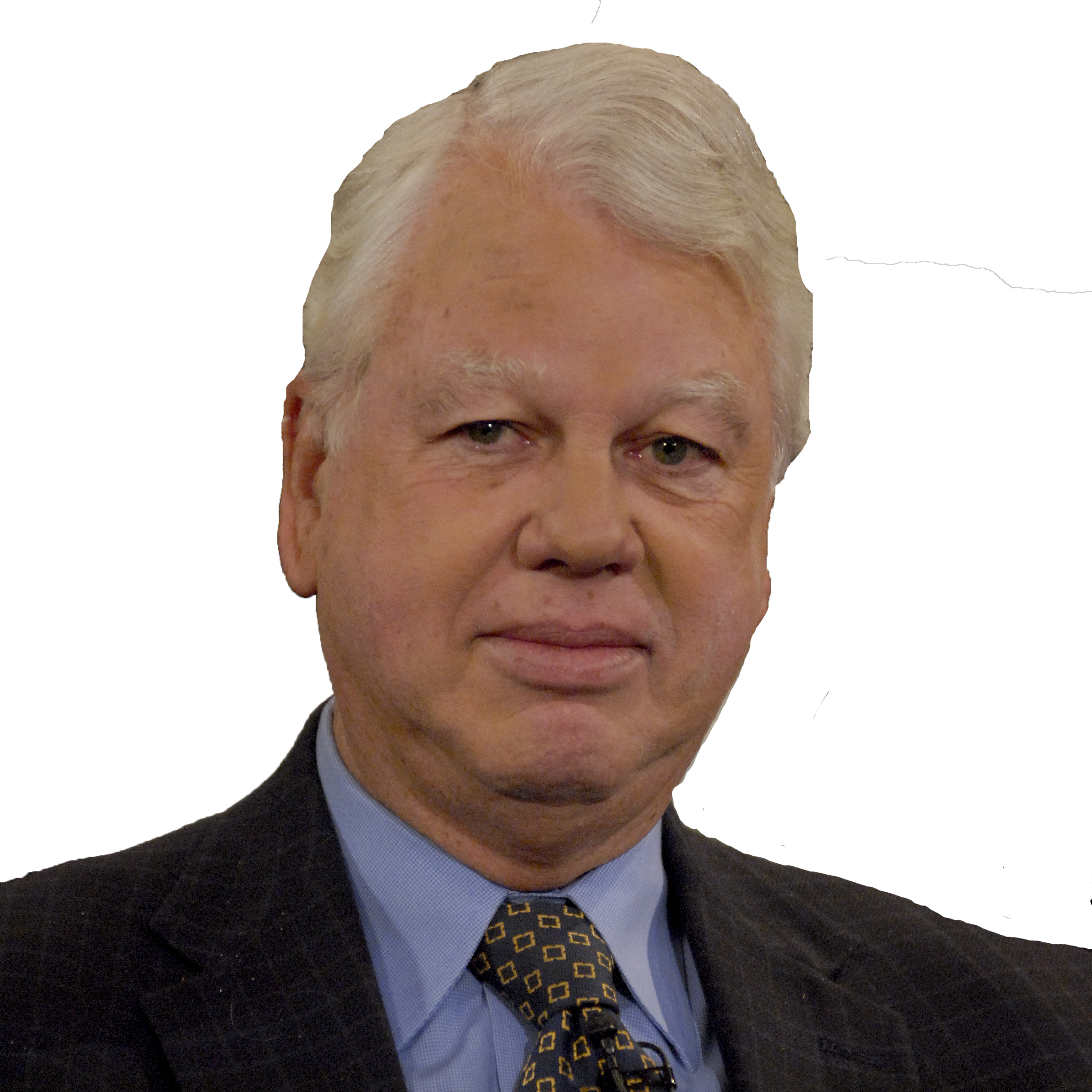 Bob Ryan
Bob Ryan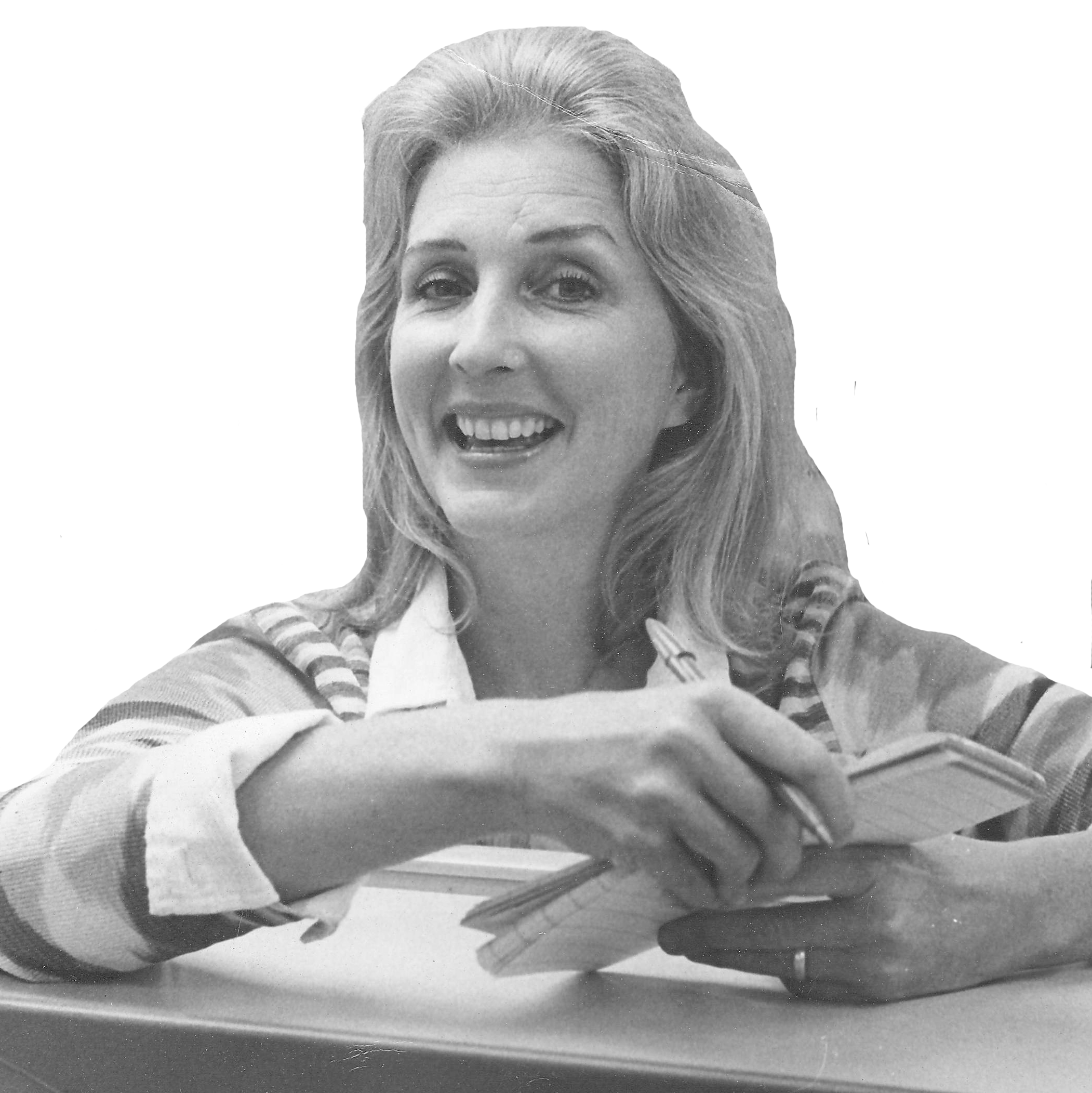 Joan Ryan
Joan Ryan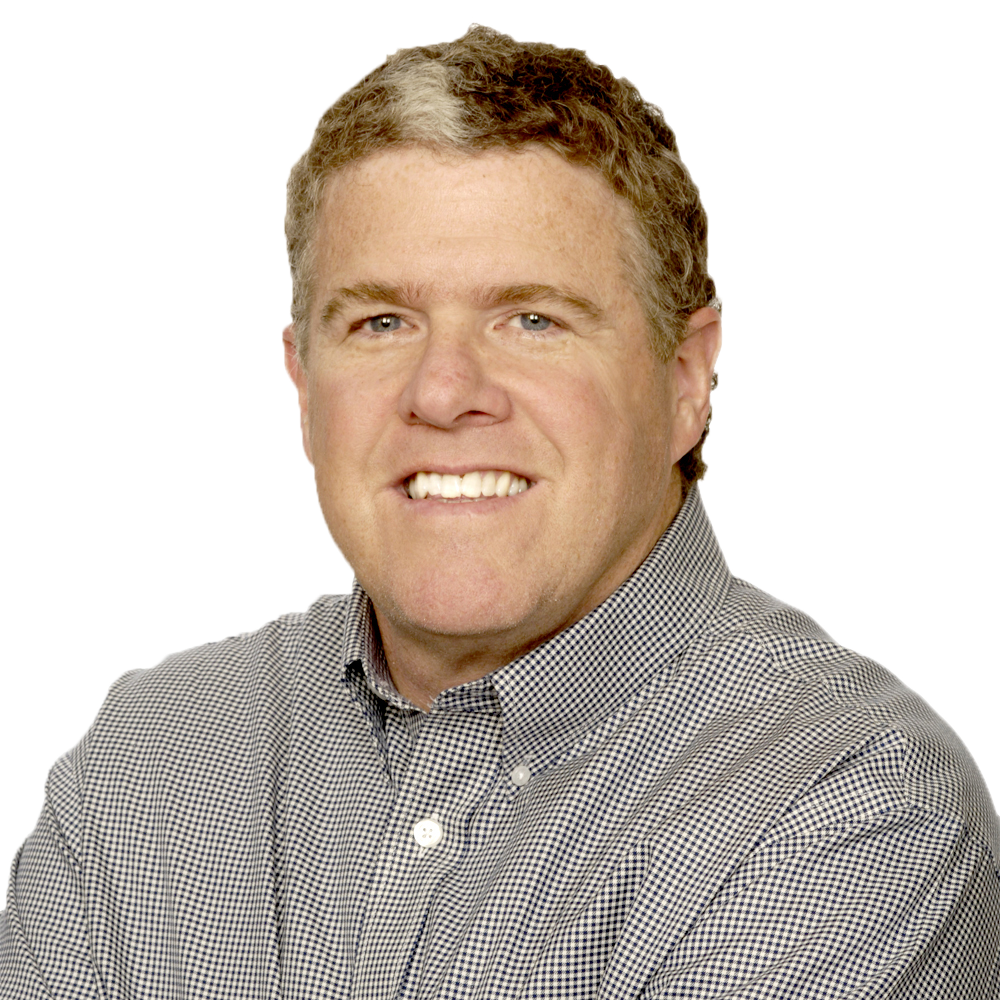 Peter King
Peter King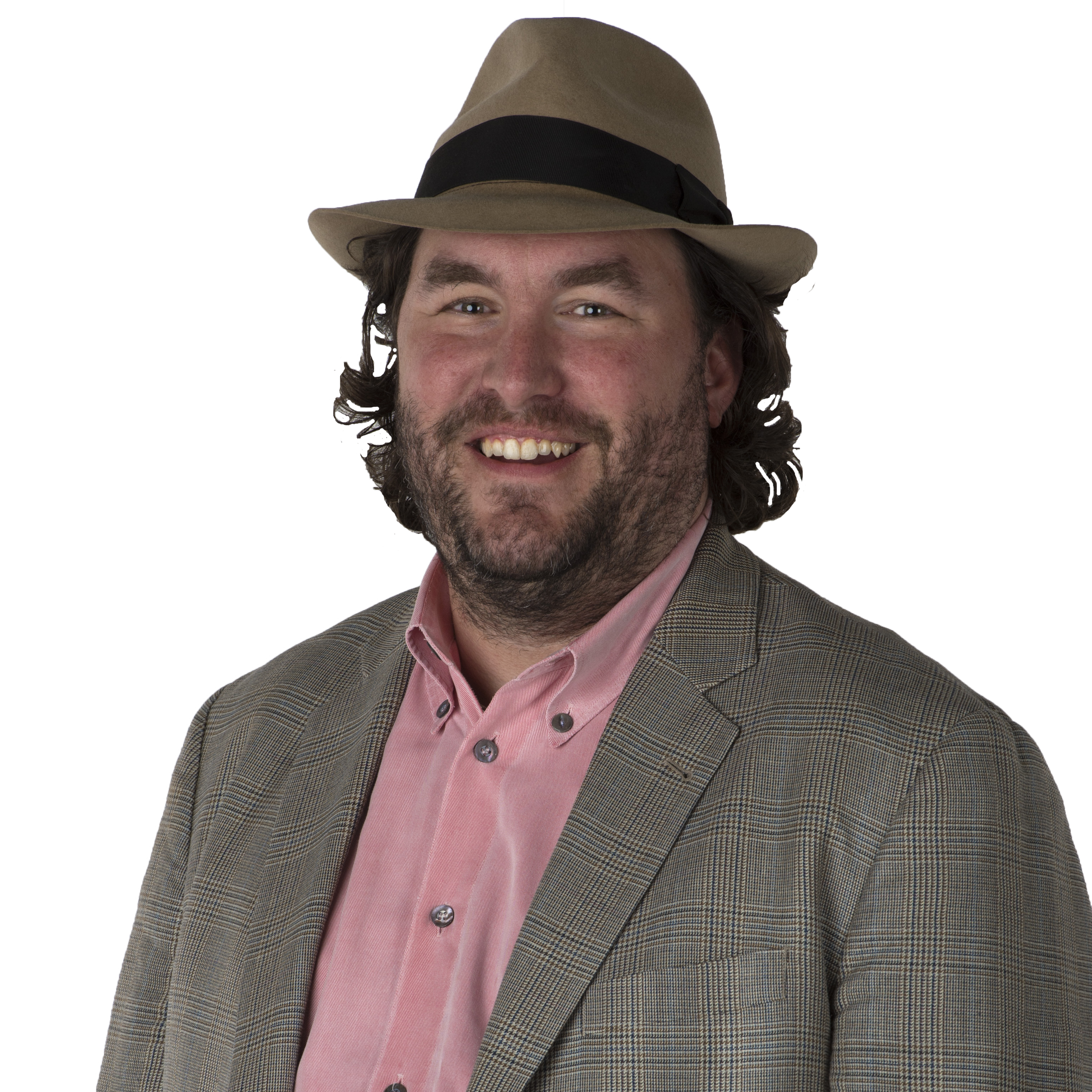 Wright Thompson
Wright Thompson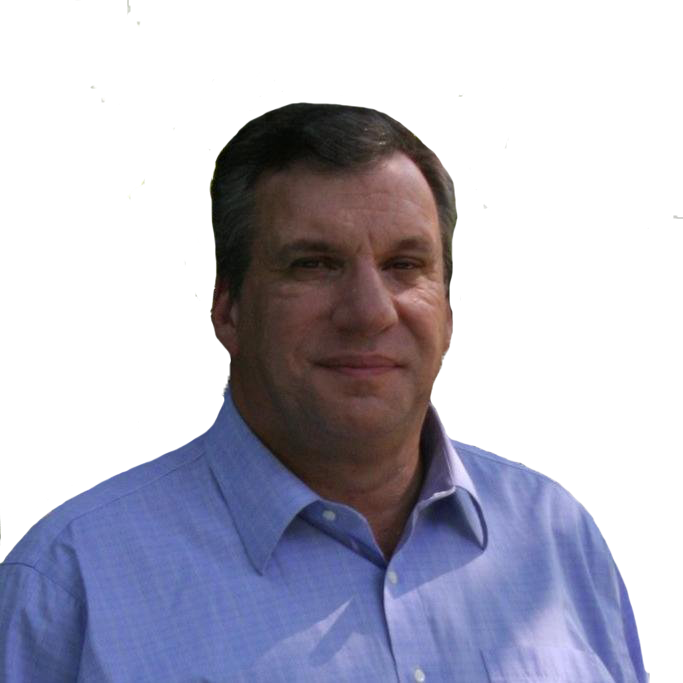 John Feinstein
John Feinstein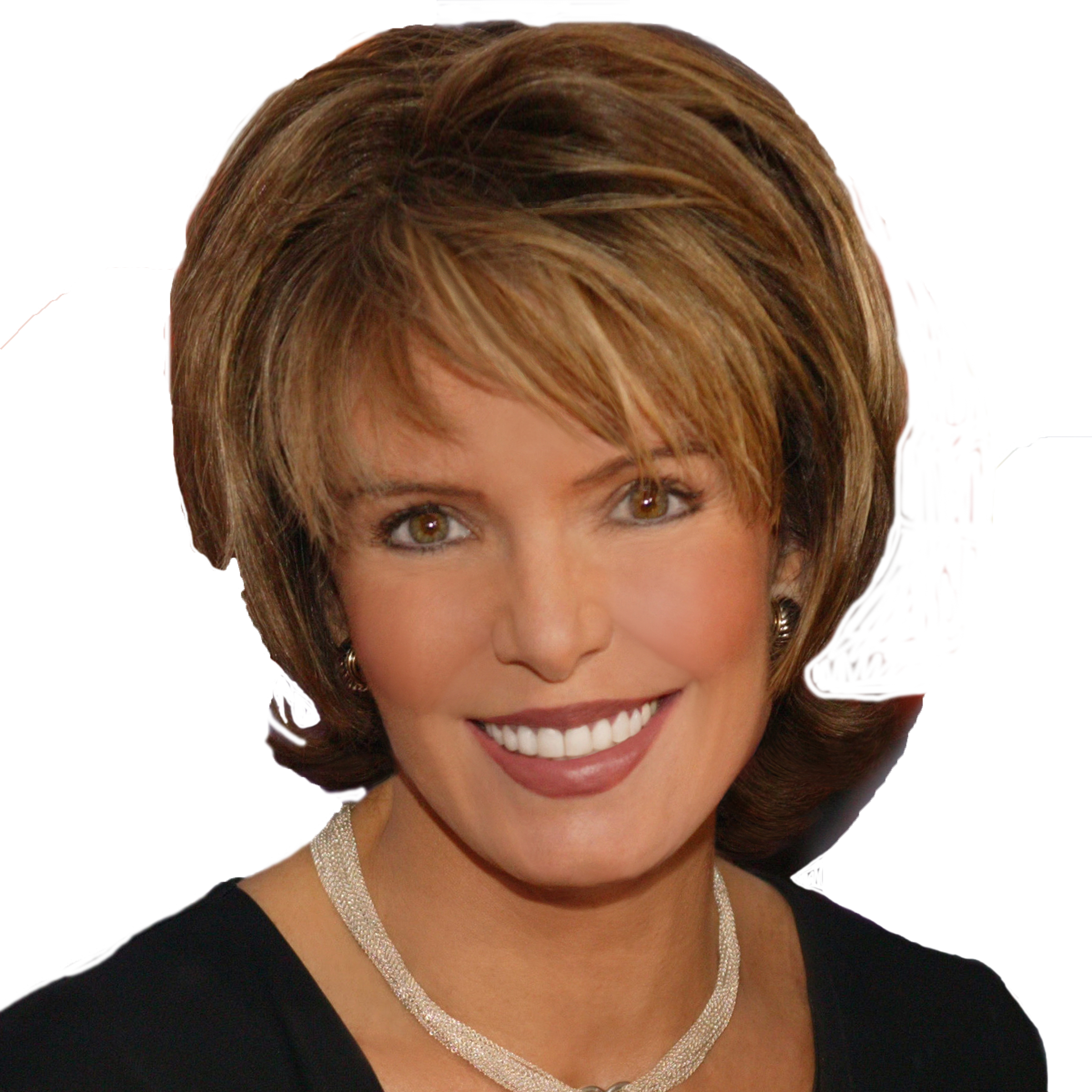 Lesley Visser
Lesley Visser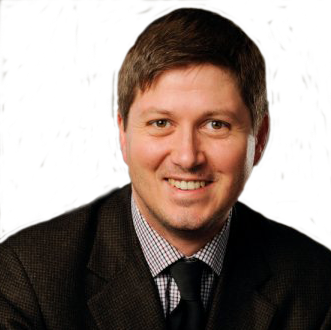 Will Leitch
Will Leitch Tim Kurkjian
Tim Kurkjian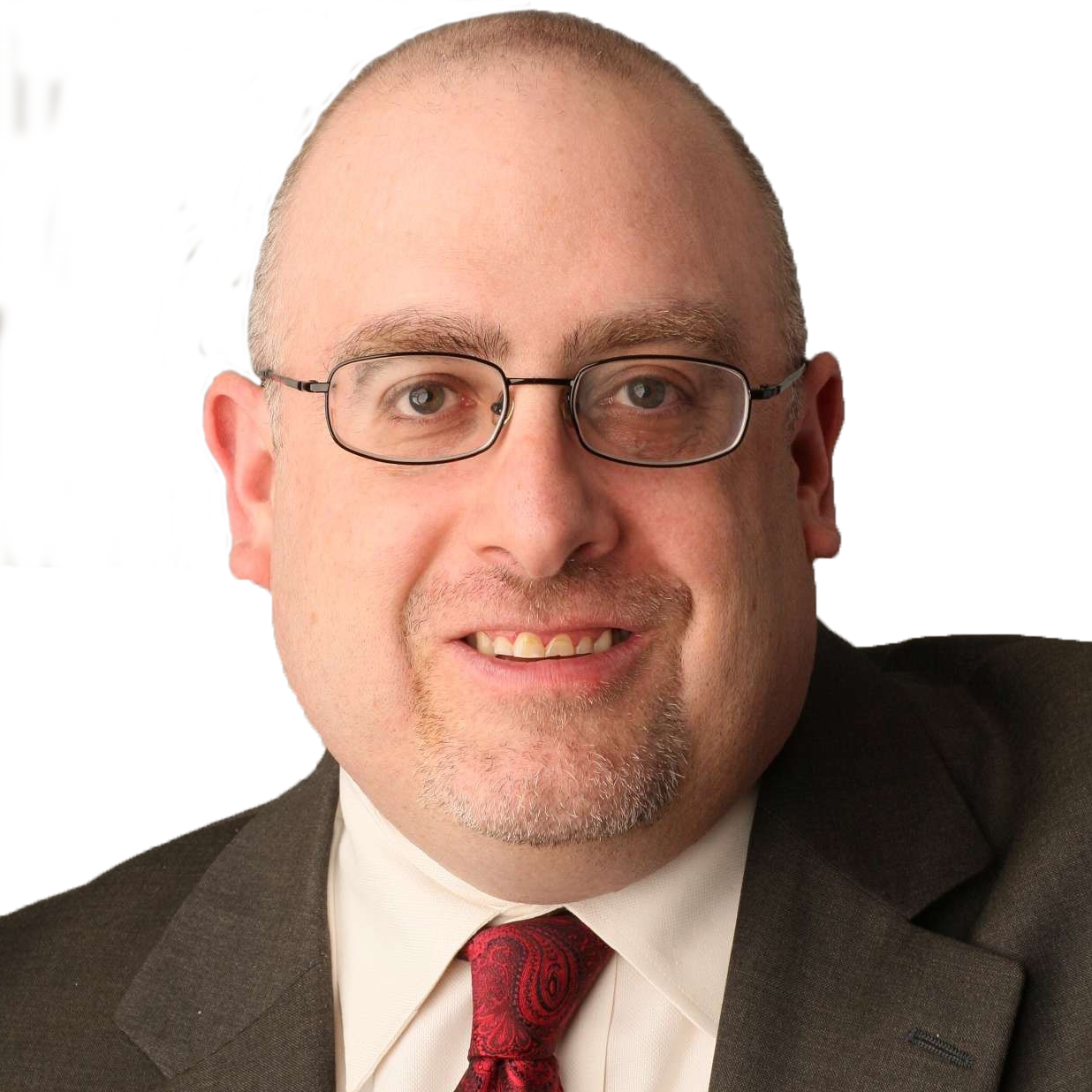 Joe Posnanski
Joe Posnanski
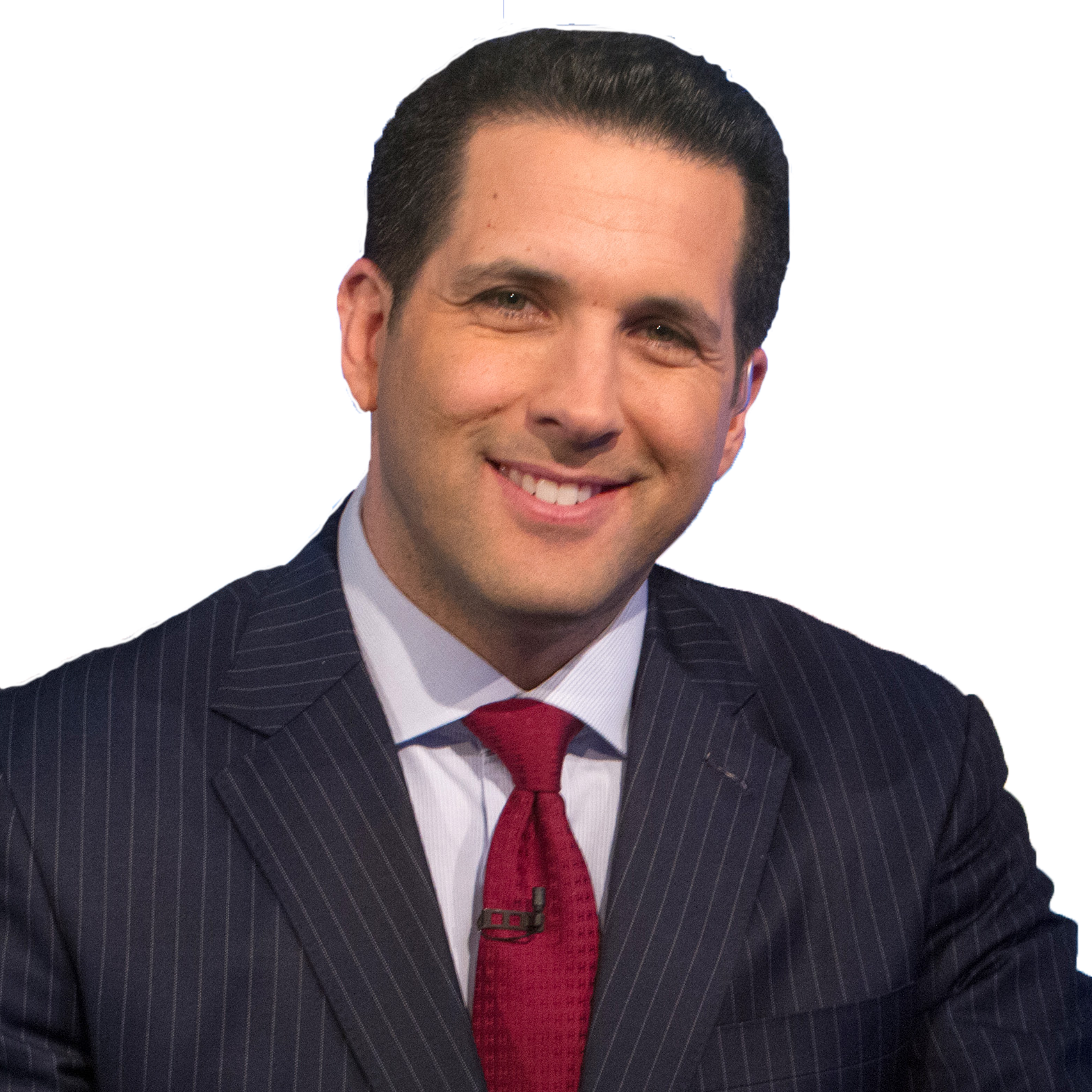 Adam Schefter
Adam Schefter
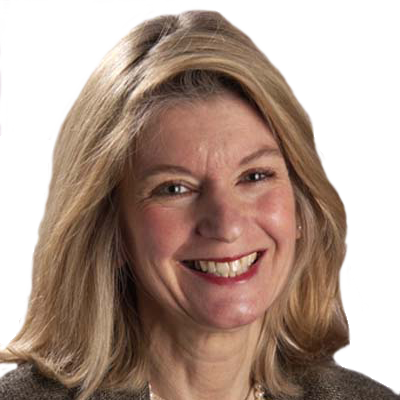 Terry Taylor
Terry Taylor
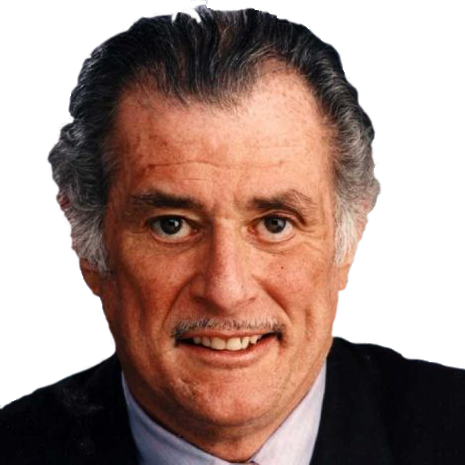 Frank Deford
Frank Deford
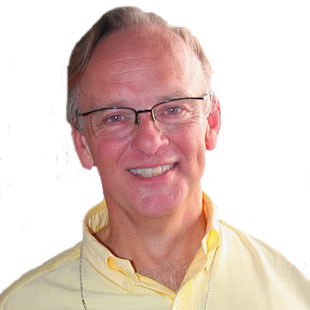 Tom Boswell
Tom Boswell
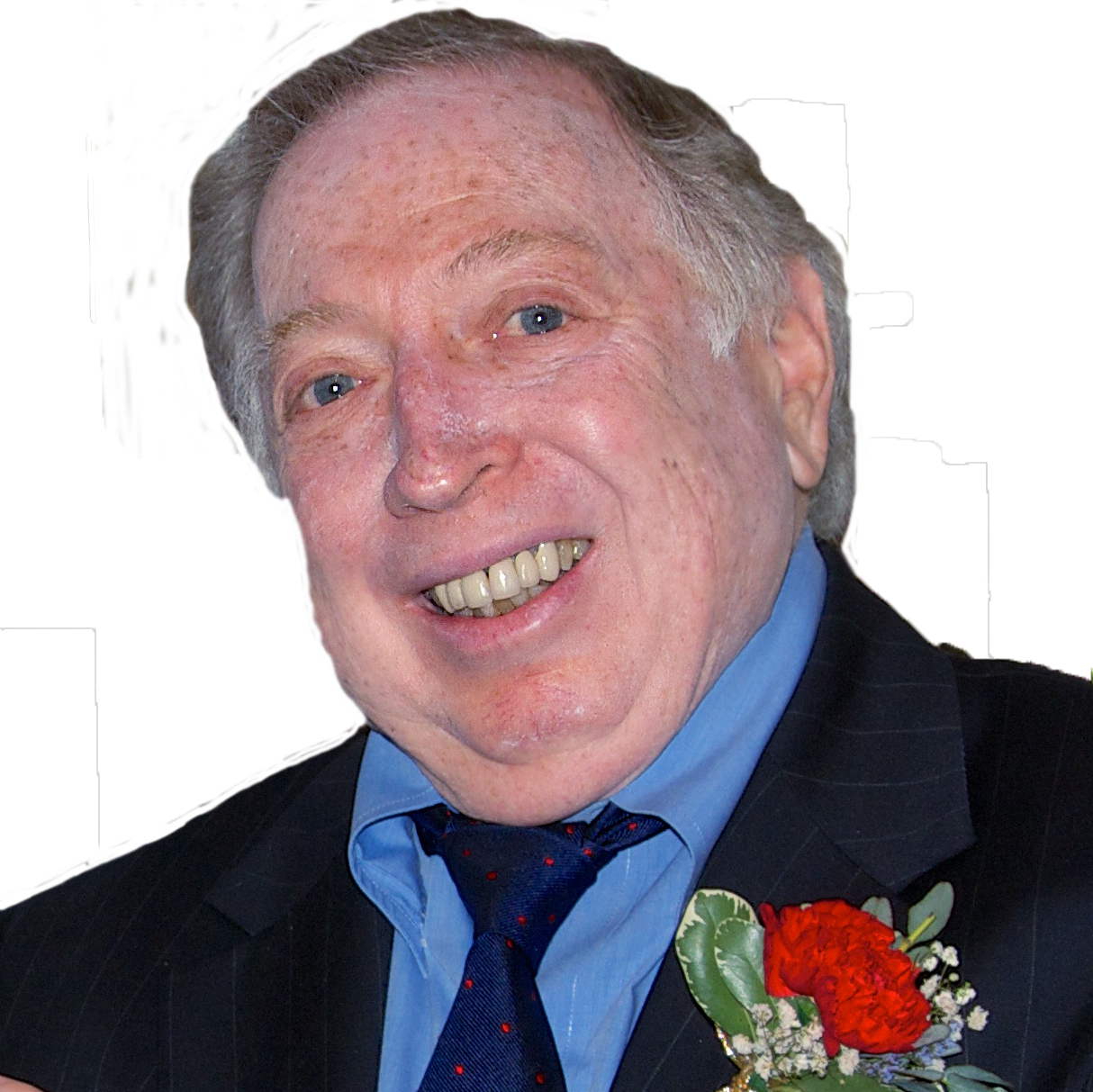 Neil Leifer
Neil Leifer
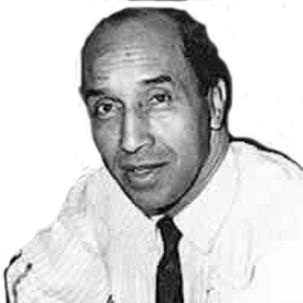 Sam Lacy
Sam Lacy
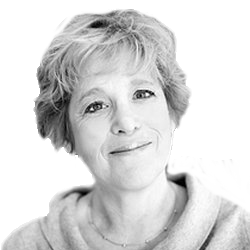 Jane Leavy
Jane Leavy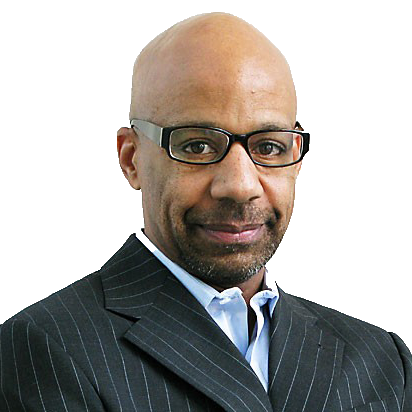 Kevin Blackistone
Kevin Blackistone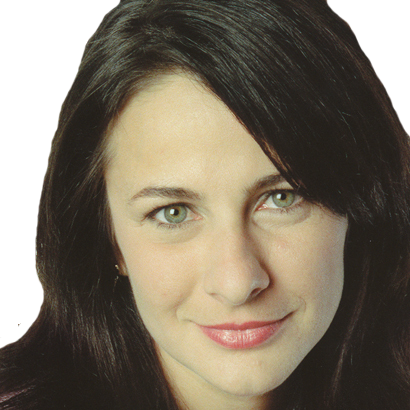 Juliet Macur
Juliet Macur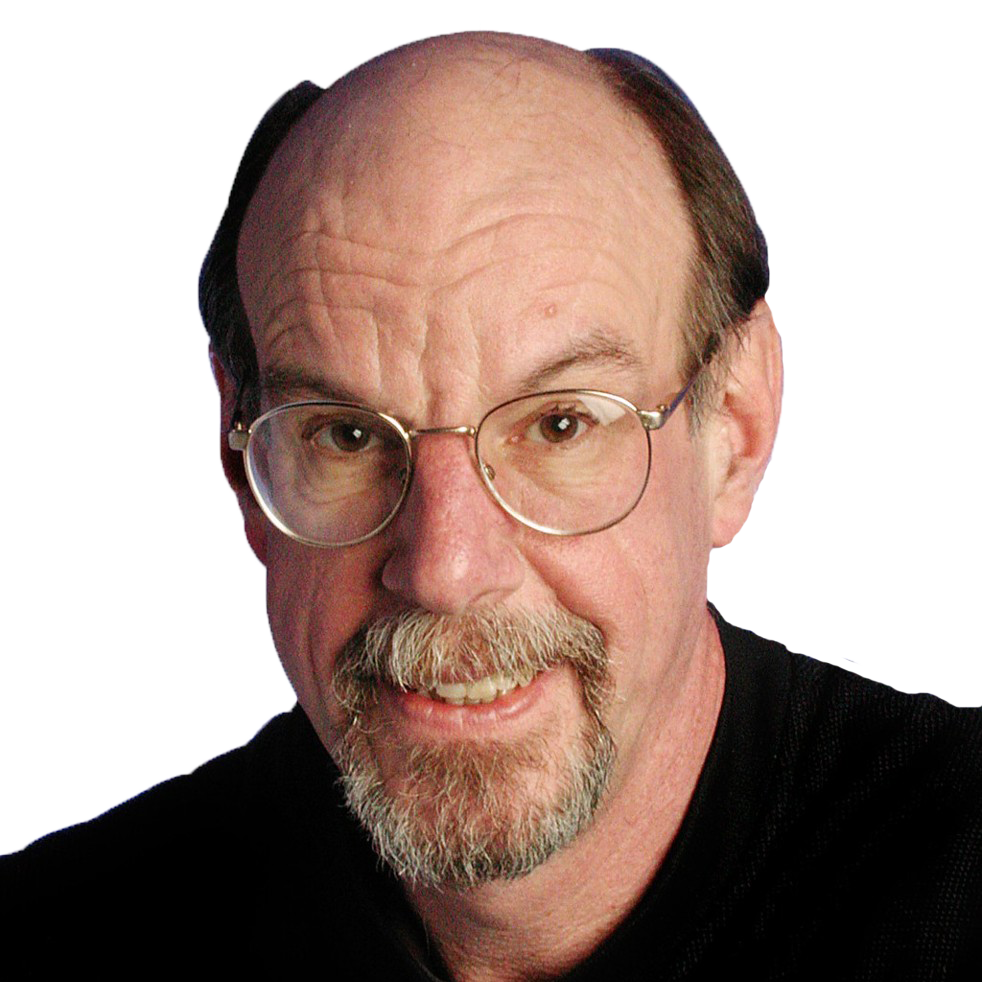 Andrew Beyer
Andrew Beyer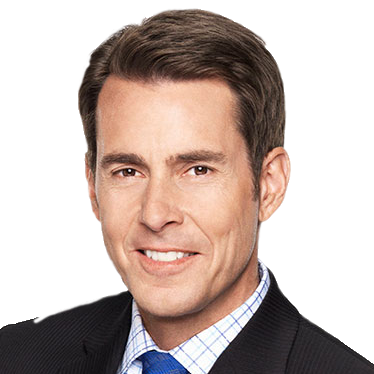 Tom Verducci
Tom Verducci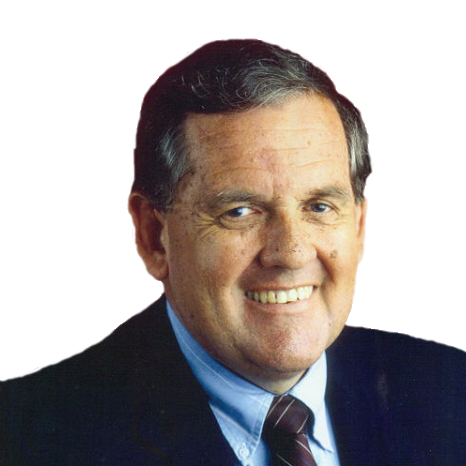 Hubert Mizell
Hubert Mizell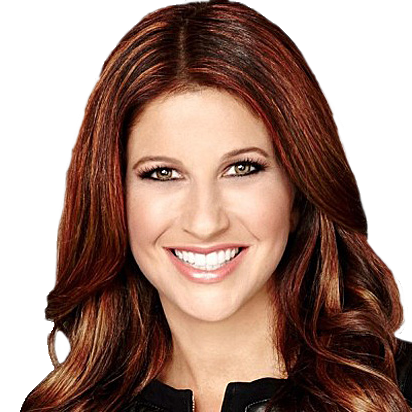 Rachel Nichols
Rachel Nichols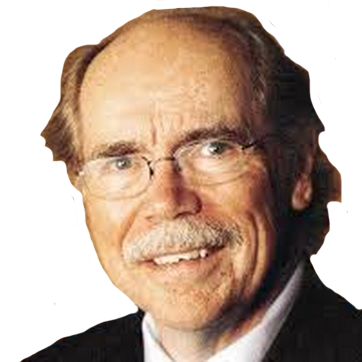 Dave Kindred
Dave Kindred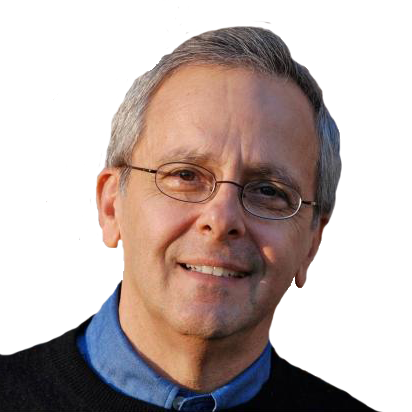 Mike Lupica
Mike Lupica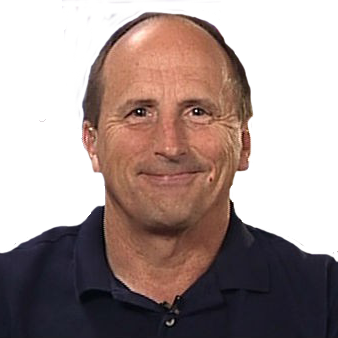 Richard Justice
Richard Justice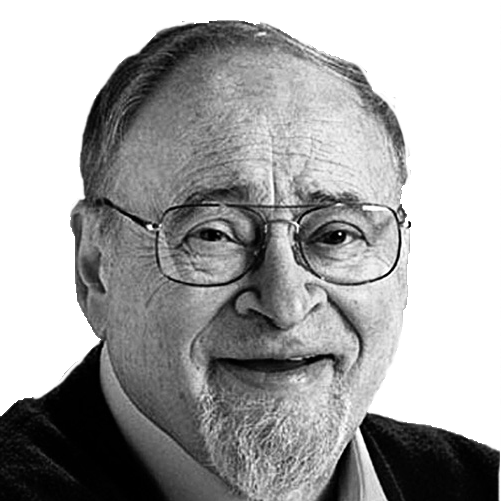 Jerry Izenberg
Jerry Izenberg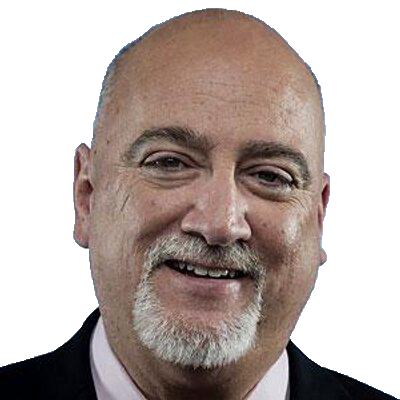 Bill Plaschke
Bill Plaschke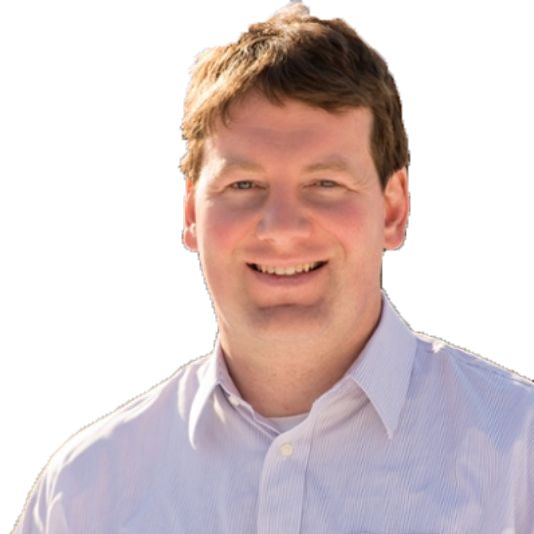 Kevin Van Valkenburg
Kevin Van Valkenburg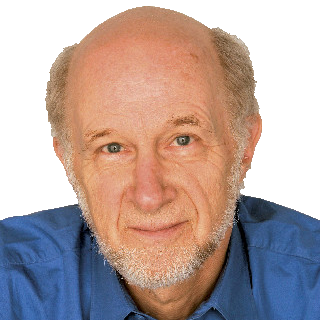 George Vecsey
George Vecsey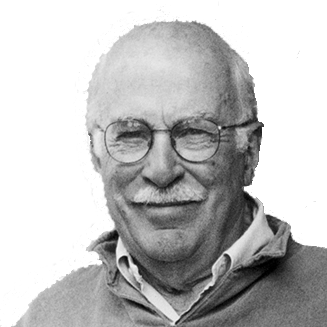 Roger Angell
Roger Angell David Aldridge
David Aldridge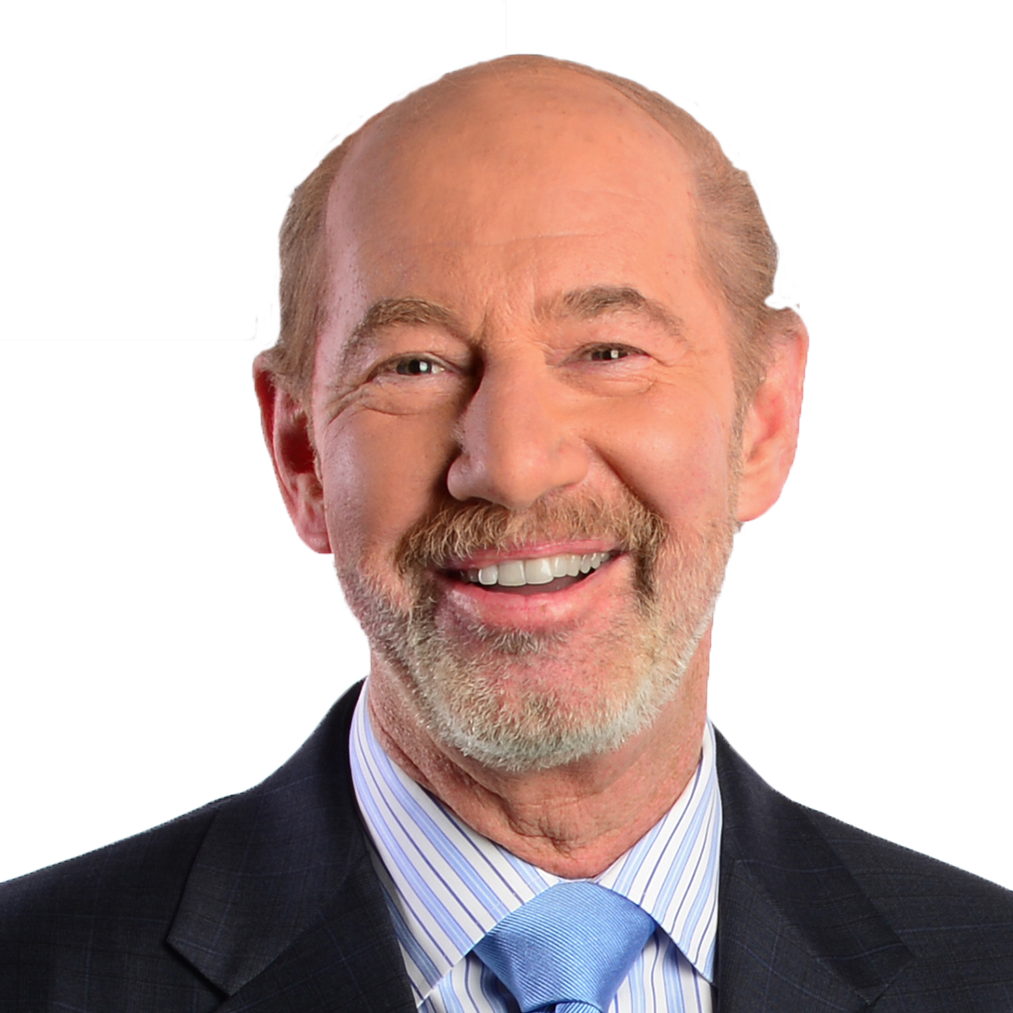 Tony Kornheiser
Tony Kornheiser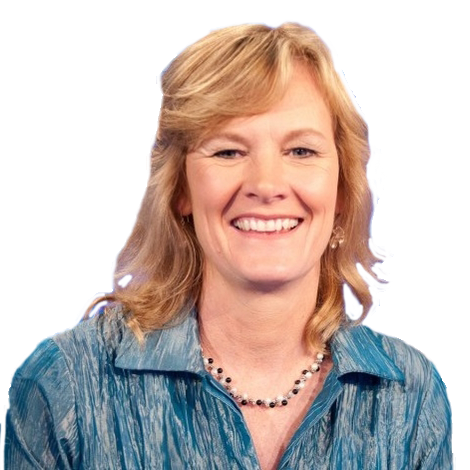 Jackie MacMullan
Jackie MacMullan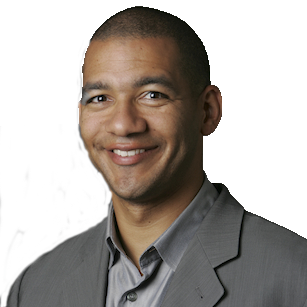 J.A. Adande
J.A. Adande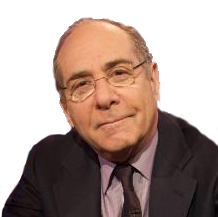 Robert Lipsyte
Robert Lipsyte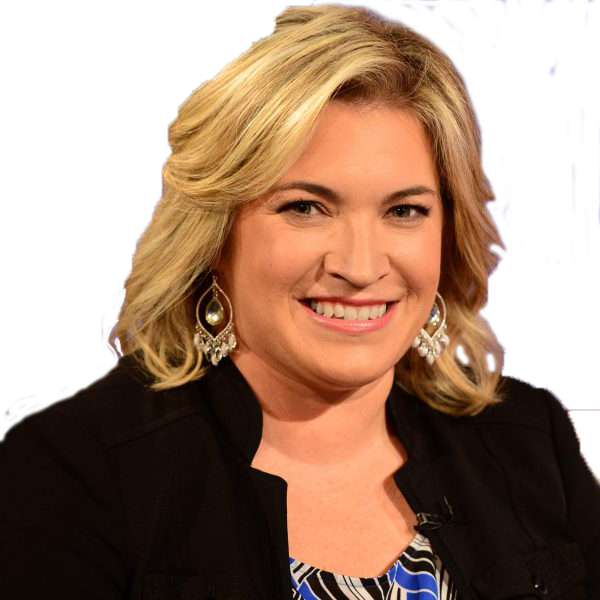 Ramona Shelburne
Ramona Shelburne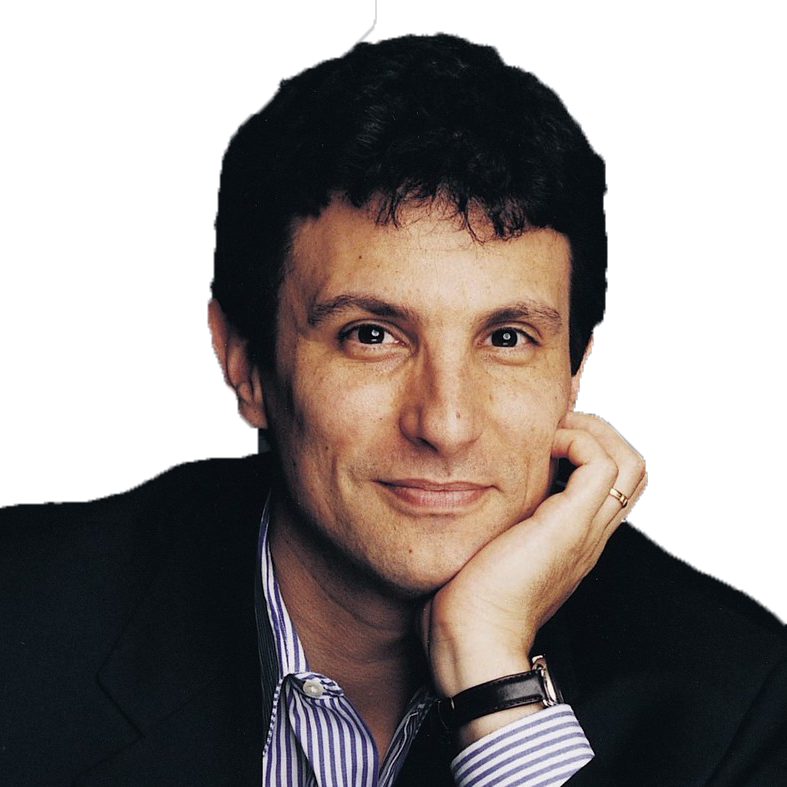 David Remnick
David Remnick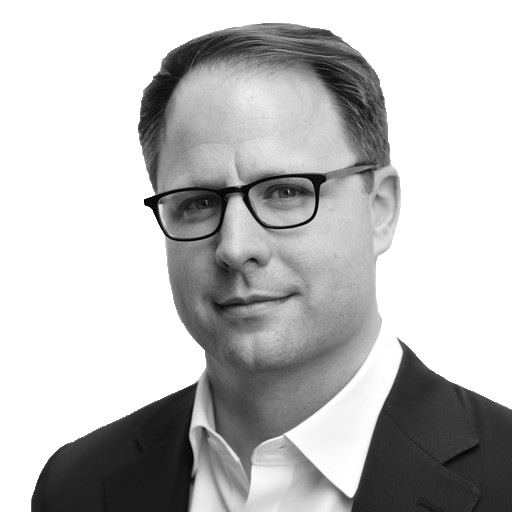 Bryan Curtis
Bryan Curtis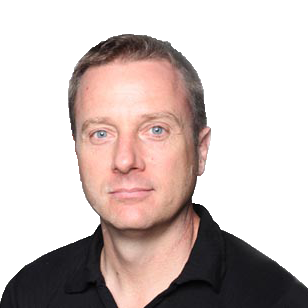 Chuck Culpepper
Chuck Culpepper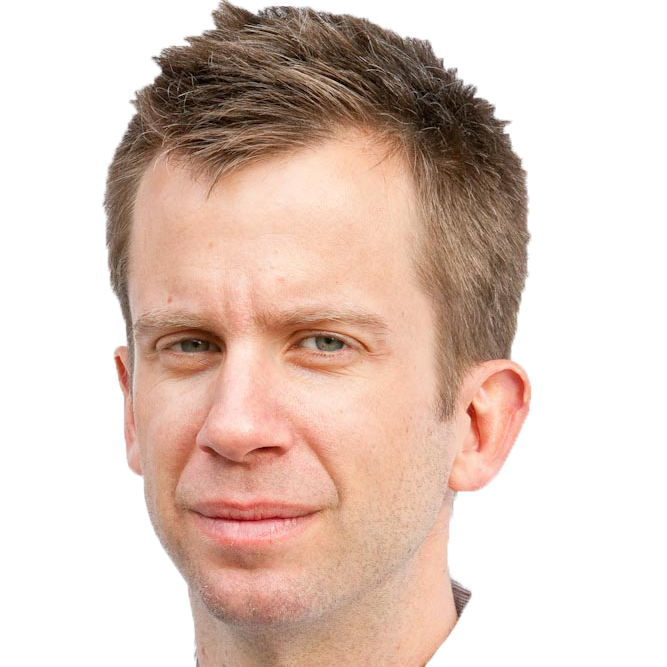 Jason Gay
Jason Gay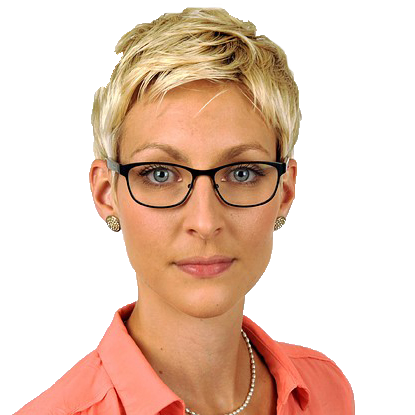 Heidi Blake
Heidi Blake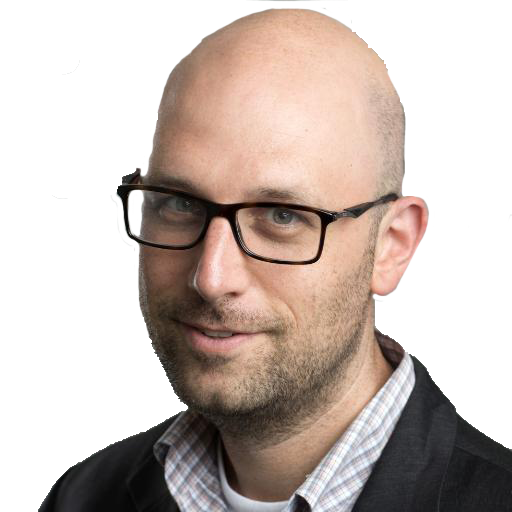 Dan Steinberg
Dan Steinberg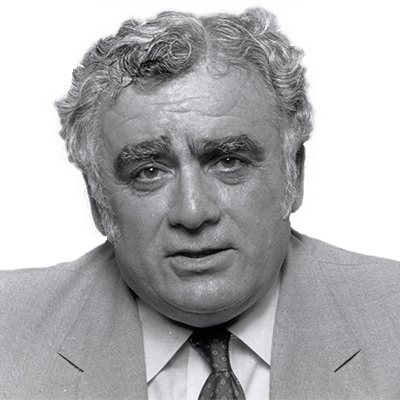 Jerome Holtzman
Jerome Holtzman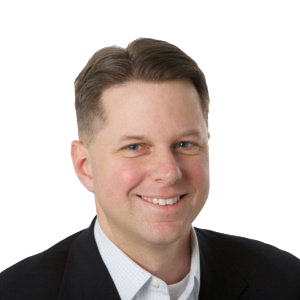 Barry Svrluga
Barry Svrluga
